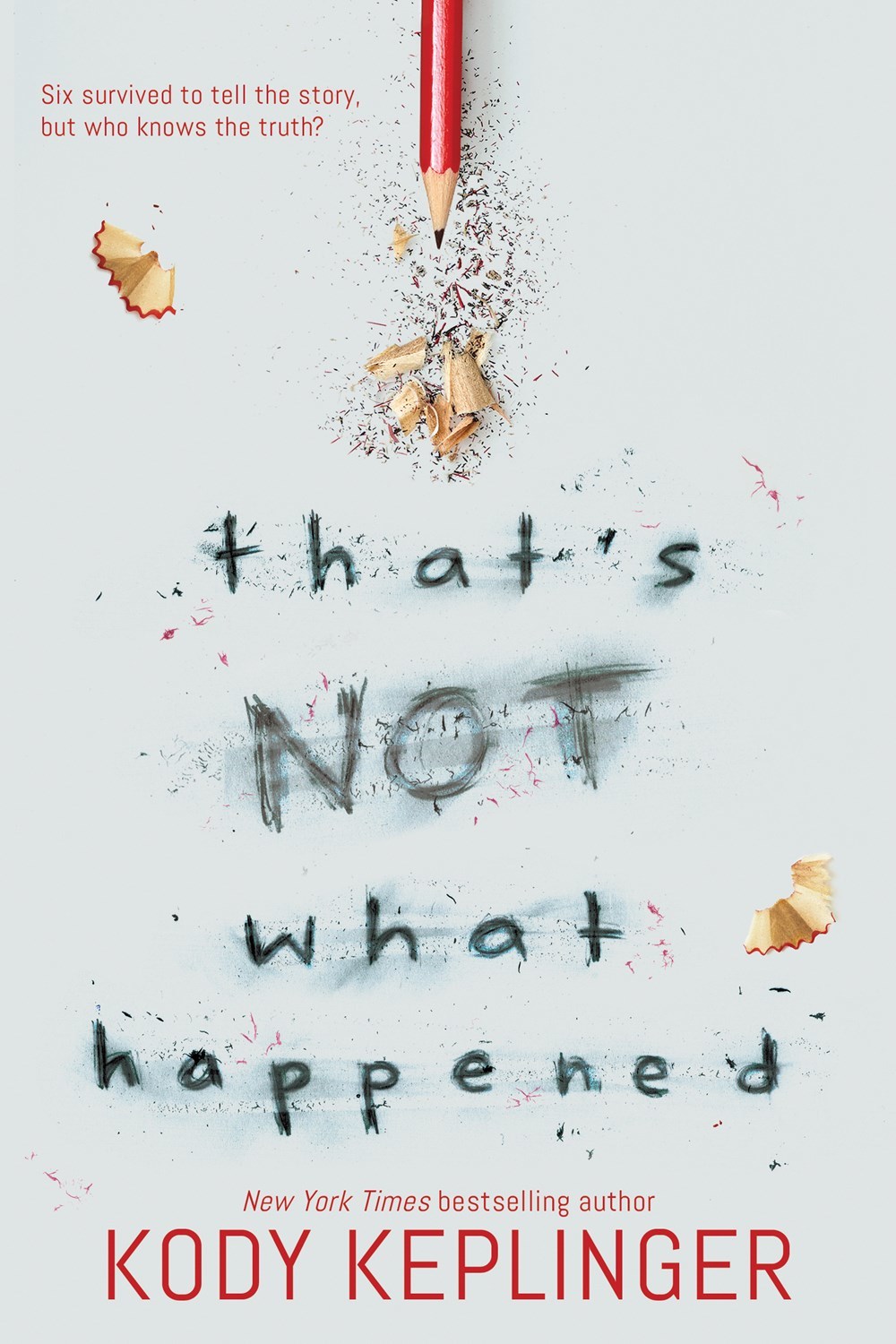TL;DR
In 'That's Not What Happened' by Kody Keplinger, a high school shooting survivor grapples with the truth of her best friend's death as conflicting narratives emerge, challenging her silence as she fights for her voice amidst the aftermath.
What is That's Not What Happened about
'That's Not What Happened' explores the aftermath of a tragic school shooting through the eyes of a survivor, Kellie. Three years after the Virgil County High School Massacre, Kellie is haunted by the death of her best friend, Sarah, whose story has been misconstrued into a tale of martyrdom. As Sarah's parents prepare to publish a book about their daughter, Kellie feels compelled to reveal the truth about what actually happened during the shooting—a truth that differs from the widely accepted narrative. This poignant young adult novel confronts themes of guilt, the need for justice, and the complexities of truth in the wake of tragedy.
That's Not What Happened 5 Key Takeaways
Multiple Perspectives
The book presents various survivor accounts, each with their own perspective on the shooting, highlighting how trauma shapes individual narratives and the importance of voice in the aftermath of violence.
The Burden of Truth
Kellie's struggle between speaking out and remaining silent emphasizes the moral complexities faced by survivors. Her internal conflict illustrates the societal pressures to conform to narratives that may not reflect reality.
Consequences of Storytelling
The narrative examines the impact of storytelling on memory and healing, showcasing how different interpretations of the same event can lead to either empowerment or further victimization for survivors.
Media Exploitation
The book critiques media sensationalism and its role in shaping public perception of tragedies, showcasing how the desire for compelling narratives can overshadow the truth of those directly affected.
Identity and Change
As Kellie grapples with her trauma, her journey of self-discovery reflects how individuals can reshape their identities in the wake of significant life events, both for themselves and how they are perceived by others.
Top That's Not What Happened Quotes
- "Sometimes the truth is ugly, but that doesn't mean it shouldn't be told."
- "We all have our stories, but what matters is which ones get to be heard."
- "Silence isn't peace; it's a prison."
Who should read That's Not What Happened?
'That's Not What Happened' is ideal for young adult readers and those interested in contemporary issues related to trauma, identity, and media representation. It encourages reflection on the nature of truth and the importance of personal narratives in healing.
That's Not What Happened Best Reviews
- "An emotionally devastating yet profoundly insightful read that challenges readers to think about the stories we tell ourselves and others in the face of tragedy." - School Library Journal
- "Keplinger masterfully intertwines the personal and the political, making 'That's Not What Happened' a must-read for anyone grappling with the complexities of narrative and truth." - Kirkus Reviews
People also liked these summaries
That's Not What Happened FAQs
Is 'That's Not What Happened' based on a true story?
While the book is not a direct account of any specific event, it draws inspiration from real-life school shootings, exploring the emotional truths and complexities faced by survivors.
What themes are explored in 'That's Not What Happened'?
The book delves into themes of truth versus perception, the struggle for identity, the impact of media on narratives, and the personal journeys of trauma survivors.
